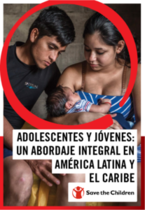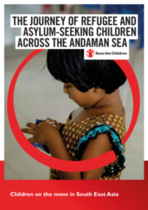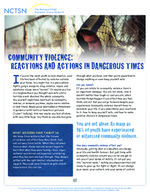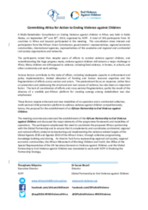Delineating disproportionality and disparity of Asian-Canadian versus White-Canadian families in the child welfare system
This study used the 2008 Canadian Incidence Study of Reported Child Abuse and Neglect data to determine the representation of child maltreatment investigations for Asian-Canadian versus White-Canadian children involved in the child welfare system.






